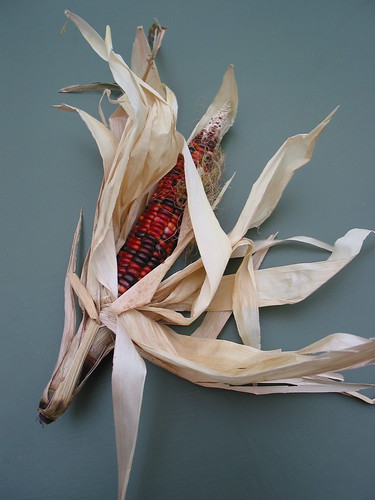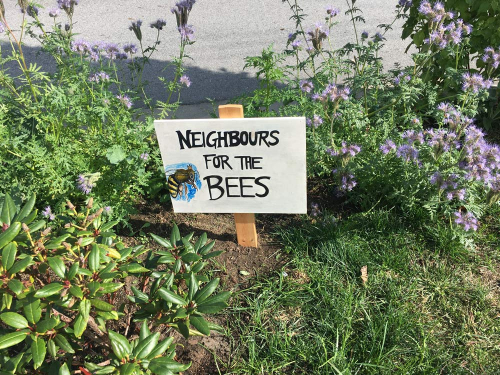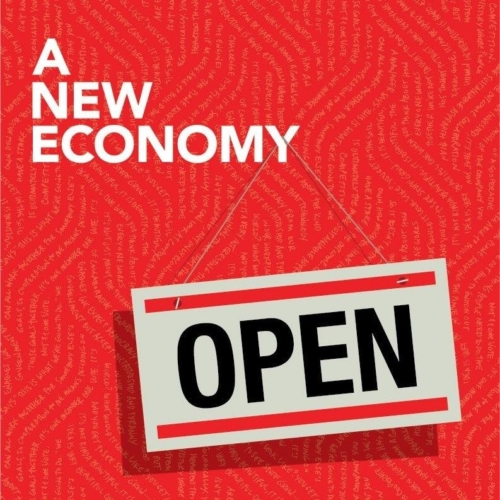A single GMO crop is one too many
 Update: The Tyee blog The Hook reports GMO bill struck down in Ottawa.
Update: The Tyee blog The Hook reports GMO bill struck down in Ottawa.
It took me almost four years to find out that in 2007 the US Department of Agriculture approved commercial production of the first genetically modified food crop containing human genes, a “laboratory-created rice [that] produces some of the human proteins found in breast milk and saliva.” In my head, my reaction to this was incredible disgust mingled with angry expletives and a little bit of fear. From what I’ve learned about genetically modified organisms, this paves the way for the seeds to be patented — in other words, effectively patenting human genes. Patenting pig genes was bad enough.
I’m extremely skeptical that the “good intentions” of treating “children with diarrhoea, a major killer in the Third World”, are actually valid. Genetic modification has a history of being touted as a way to solve food shortages, but they wind up leaving GM farmers poor, and organic farmers sued when seeds contaminate their crops. As for these children, attempting to treat them with GM products — any negative consequences of which may be unknown — is akin to us focusing the bulk of our efforts on curing cancer and diabetes and almost completely ignoring prevention. We should be ensuring access to healthy food, clean water, and education. Whatever Monsanto and other GE agribusinesses say about solving developing nations’ problems with their products is complete bullshit.
American Farmer George Naylor “has a gut distrust of the technology (‘They’re messing with three billion years of evolution’) and doesn’t think it’s worth the extra twenty-five dollars a bag (in technology fees) they cost. … As Naylor sees it, GMO seed is just the latest chapter in an old story: Farmers eager to increase their yields adopt the latest innovation, only to find that it’s the companies selling the innovations who reap the most from the gain in the farmer’s productivity.” (Michael Pollan, The Omnivore’s Dilemma, p. 36)
“Organic farmers [say] that episodes [of food scares] focusing public attention on pesticides, food poisoning, genetically modified crops, and mad cow disease serve as “teachable moments” about the industrial food system and its alternatives.” (Pollan, p. 153)
“The plain truth is, no one yet knows what [the effects of GM foods] might be. And it’s equally plain that far too many of the corporate players, who see quick fortunes to be made in GM crops and their applications, are unconcerned with such questions. There is a rush … to grab patents and exploit them to the maximum, fast-tracking GM varieties onto an unsuspecting market before anyone has time to evaluate them, and to reap the short-term, maximum financial benefit regarldess of long-term consequences — the consequences you and I, and our children, will eventually pay.” (Thomas F. Pawlick, The End of Food, pp. 55-56)
Pawlick goes on to list concerns from a national advertisement released in 1999 by the Turning Point Project: toxicity, allergic reaction, antibiotic resistance, cancer and immuno-suppression. An article (quoted on p. 59) published in the Ottawa Citizen in 1999 notes that a GM variety of corn that accounted at the time for more than a quarter of US corn crops may have been killing off Monarch butterflies, its pollen proving toxic to Monarch larvae.
A recent article quoting David Suzuki spells out in plain language the dangers of genetic modification, mainly being that we just don’t know. The catch 22 is that, if a particular organism cannot be proven harmful because we have not yet seen negative effects, it can be approved. What scares me is the part about it being too late to turn back, as crops have already been released and have contaminated and bred with natural crops. But that doesn’t mean we should keep pushing ahead with GMO. From an ethical standpoint, we’re messing with the planet’s natural evolution — whether you consider it methodical or luck. Nature knows how to sustain and perpetuate itself, and interrupting this flow, whether it’s with terminator (sterile) seeds or by legally forcing farmers to buy new seeds each year from the issuing company instead of replanting, can only result in dire consequences we cannot predict. One thing is for sure: the farmer’s way of life on the land is dramatically changed when their most important relationship is with a corporation instead of the earth.
“Our personal health cannot be divorced from the health of the entire food web.” — Michael Pollan, In Defense of Food: An eater’s manifesto (p. 103)
If you can’t eat exclusively organic food, especially when dining out, your top three conventional foods to avoid are corn, soy, and canola (and their many derivatives) as these are the most likely to be genetically modified. But I encourage you to seek out organic and local food as much as possible. Support your local farmer’s market, grow your own (on a community plot perhaps), and spread the word. Ask questions about your food. Remember, our collective action has a huge influence.
If you’re concerned about genetically modified foods and pesticide use, please consider making a donation to the David Suzuki Foundation to support their work toward a healthy environment, including pesticide bans.
 This daily green blog challenge is in celebration of David Suzuki’s 75th birthday, supporting the David Suzuki Foundation. Please help me out by sponsoring me online now.
This daily green blog challenge is in celebration of David Suzuki’s 75th birthday, supporting the David Suzuki Foundation. Please help me out by sponsoring me online now.
Note: I am writing solely on my own behalf, and do not claim to represent the David Suzuki Foundation or its views here.



